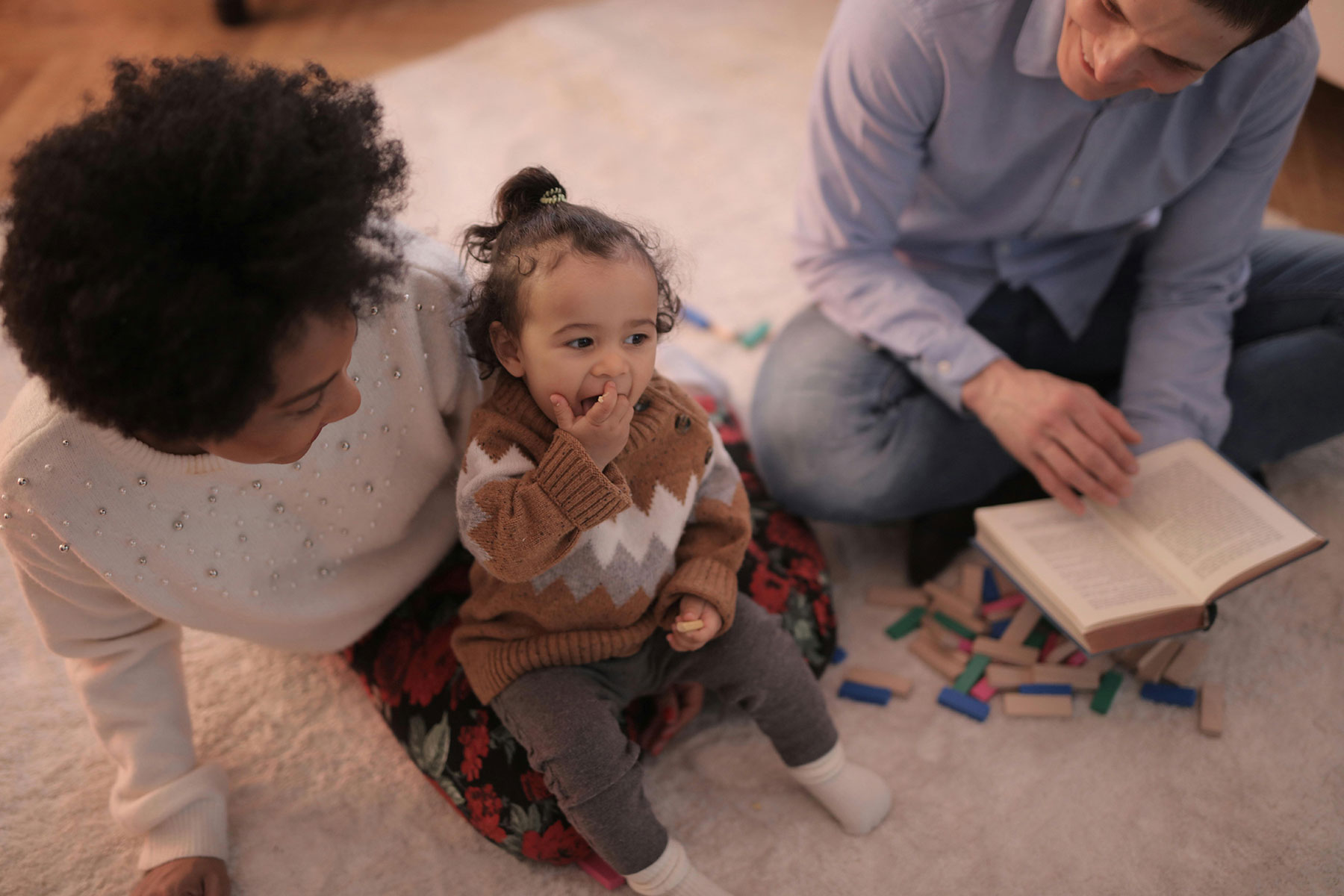
By Jayne O’Donnel and Mabinty Quarshie USA TODAY
SAVANNAH, Ga. – Latrelle Huff says her twins were conceived by rape.
Now she blames domestic violence for her children’s health problems.
The Georgia woman says she had been in an abusive, on-and-off relationship for six years when she became pregnant. While pregnant, she says, the conflict continued. Huff spent 25 of 37 weeks on bed rest, she says, due in part to rectal bleeding her doctors said was caused by stress.
Two days after the twins were born in 2014, Huff says, the father took a swing at her. He was holding their newborn son. They were still in the hospital. Huff had just delivered by Cesarean section. “He was so angry at me because my milk wouldn’t come in,” Huff, 39, told USA TODAY.
The boy was born with “floppy baby syndrome,” a muscular condition doctors said might be attributed to abuse during pregnancy. Both children struggle with health issues, including speech disorders, and have spent months in instructional therapy to learn how to follow directions.
Share This Post!
Healing Frameworks: Understanding ACEs in Indigenous Communities
The National Indian Health Board (NIHB) is committed to advocating for the health and well-being of Indigenous communities. One of our key initiatives focuses on addressing adverse childhood experiences (ACEs), which are traumatic [...]
Gratitude Not Required: A Trauma-Informed Thanksgiving for Children in Care
By Beth Tyson Children impacted by any kind of family separation, whether it be foster care, adoption, or divorce, don’t have to feel thankful during Thanksgiving or any other holiday. There, I [...]
Emotional and Psychological Trauma
By Lawrence Robinson, Melinda Smith, M.A. and Jeanne Segal, Ph.D. What is emotional and psychological trauma? Emotional and psychological trauma occurs when extraordinarily stressful events shatter your sense of security. Psychological trauma can leave you [...]
Understanding Childhood Trauma: Ways to Support Young People
By Boys & Girls Clubs of America For generations, tough childhood experiences have been swept under the rug by phrases like these. Oftentimes, the reason why is simple: many families simply did [...]
Addressing The Link Between Trauma And Addiction
By National Governors Association Many Americans have experienced traumatic events, toxic stress, and other types of adversity in childhood. However, repeated exposure to trauma and adversity in childhood predicts a variety [...]
The Health Benefits of Volunteerism
By Eric Burger It’s a simple fact that every nonprofit organization knows: volunteering makes you feel better. But did you know that the anecdotal stories about volunteering health benefits have been [...]







